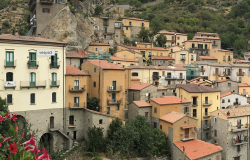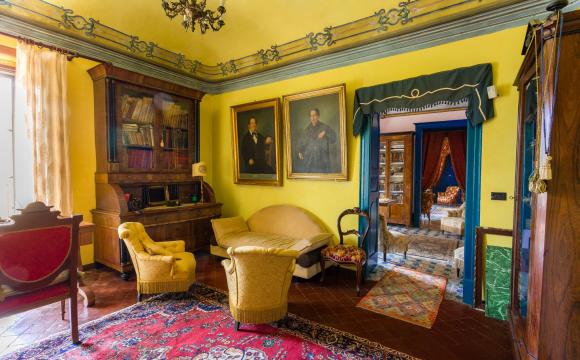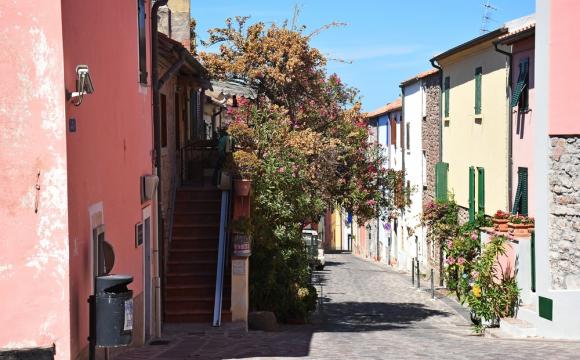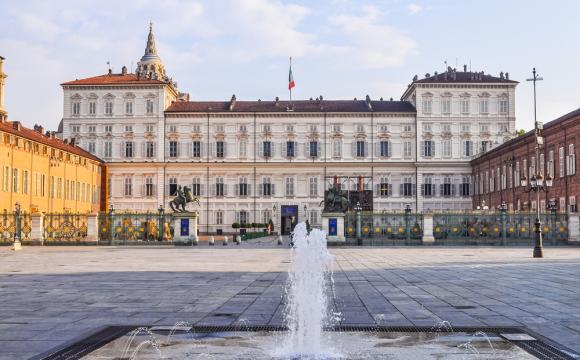 (ANSA) - Trieste is playing host to the 2005 edition of a film festival that has become one of Europe's top celebrations of South American culture. The 20th Trieste Latin American Cinema Festival, which runs until Sunday, gives the public a rare chance to sample the best of the continent's innovative, flourishing movie scene.
(ANSA) - Trieste is playing host to the 2005 edition of a film festival that has become one of Europe's top celebrations of South American culture. The 20th Trieste Latin American Cinema Festival, which runs until Sunday, gives the public a rare chance to sample the best of the continent's innovative, flourishing movie scene.
"We try to be a bridge between two worlds, South America and Italy, which are closely linked by history and culture" explained festival director Rodrigo Diaz.
"The show attempts to be a window to the situation on the continent, the most objective one possible, but it does not claim to sell the truth. It's an opportunity to help find new bonds, new territories and areas where Italy can meet Latin America."
"This event has become part of Trieste's cultural history," added the city's Culture Councillor Gilberto Paris Lippi.
"The festival tells the life story of a continent that is developing quickly and has deep Italian roots. It enables us to know and better understand the culture of these countries that we feel close to, via music and film."
The show features over 200 movies, shorts and documentaries. Many of the contemporary works offer a look at the profound, and frequently traumatic, changes the region is going through, while a string of older flicks reveal what came before. There are 13 movies from 11 different countries competing for the main award.
These include Chilean director Rodrigo Ortuzar's Mujures Infieles, the story of a television journalist whose rivalry with a colleague turns into her worst nightmare, and Clovis Bueno's Cafundo, a look at the role religion plays in Brazilian society. Another strong candidate is promising Argentine filmmaker Gustavo Corrado's Garu'a, the tale of the remorse of a man who murdered a tango dancer.
Away from the excitement of the competition, there is a retrospective looking at 40 years of films by Felipe Cazals, considered by many the father of Mexican cinema. The Salvador Allende award will be given to documentary director Silvio Tendler, for helping draw attention to the plight of the underprivileged in Brazil.
There are also sections on South American movies produced by Jewish immigrants, Spanish cinema, low-budget digital films and the contributions of the continent's musicians and singers to the promotion of justice and freedom. When the festival winds up here, it will move on to other parts of Italy, with screenings in Rome (November 8-13) and Milan (November 9-13), followed by shows in Brescia, Cremona and a number of towns in the Veneto region later in the year.












